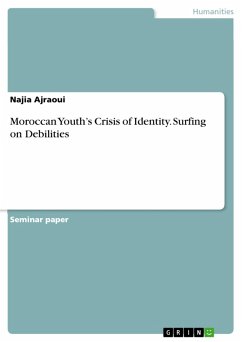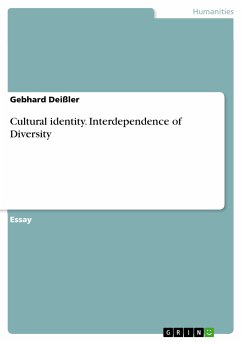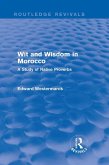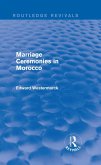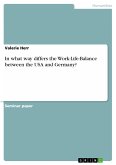Seminar paper from the year 2016 in the subject Cultural Studies - North African Studies, , language: English, abstract: This paper deals with the Moroccan youth's crisis of identity. In the third millennium globalization permits the importation of goods and commodities from all over the world; and culture as well. If trade and industry constituted in the twentieth century an exclusively one-sided Western hegemony, culture as a soft power, penetrating continents from all sides, remains untractable and intangible for most. It perniciously enters homes and minds, subverting local customs and beliefs, and is all in the more pervasive that those it targets are unaware of its influence. The first element it seems to undermine is nationalism. By reinforcing the sense of belonging to the same nation, culture and the nationalism it entails, it establishes a popular power that strengthens the ethnic identity of a people. Geographical frontiers are being replaced by a sense of belonging to a virtual community which is supposed to hold the same opinions, to visualize the same news, to watch the same movies, and to listen to the same music. This fact is observable in young Moroccans' changes of behaviour and perception of self. Their being online most of the time puts them in permanent contact, and from an early age, with other cultures that may become substitutes of their own, which may induce a sense of not belonging to their native culture, and alienation from the constituents of their identity as Moroccans.
Dieser Download kann aus rechtlichen Gründen nur mit Rechnungsadresse in A, B, BG, CY, CZ, D, DK, EW, E, FIN, F, GR, HR, H, IRL, I, LT, L, LR, M, NL, PL, P, R, S, SLO, SK ausgeliefert werden.

